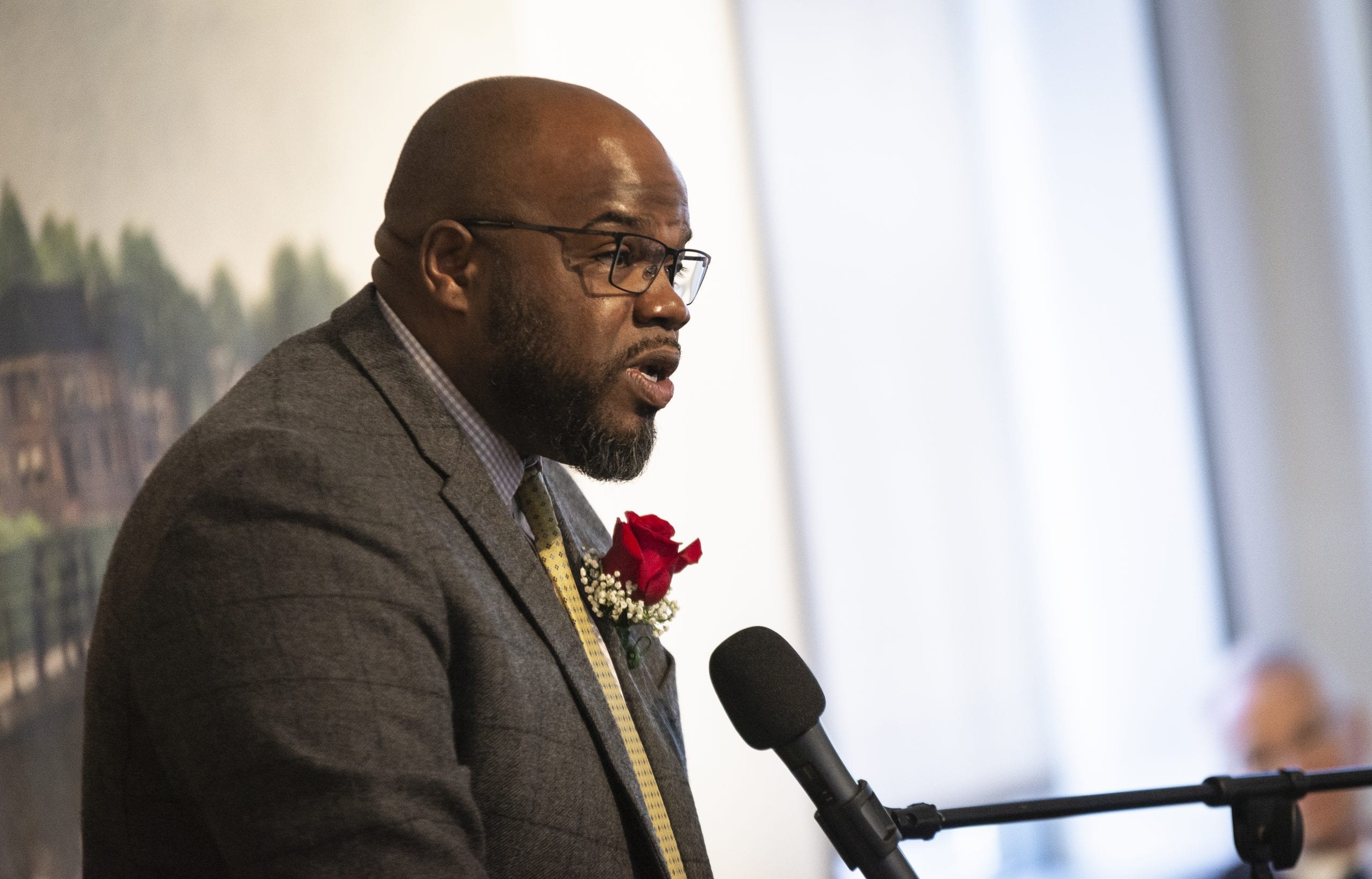LYNN — School Superintendent Patrick Tutwiler has proposed an updated plan for requiring ESL (English as a second language) licenses for kindergarten teachers in the district, extending the deadline for certification from two years to 42 months.
“We’d also like to collaborate with the Lynn Teachers Union and kindergarten teacher representatives to identify specific benchmarks that would be met over that period of time, and any potential compensation for a successful completion of those benchmarks,” Tutwiler said in a Thursday meeting of the School Committee’s personnel subcommittee. “I’ve already spoken with the Lynn Teachers Union president, and she’s agreed to collaborate on that plan.”
Tutwiler’s original plan failed to pass a School Committee vote in March after multiple contentious meetings due to multiple concerns, including putting too much pressure on teachers who are also transitioning back to in-person school days.
Rania Caldwell, director of English-language learner education for the district, explained in Thursday’s meeting that the district desperately needs more support for its youngest English learners (ELs), as 68 percent of kindergarten students in Lynn are currently learning the language, and 77 percent are identified as bilingual.
District-wide, Lynn has an EL population of 31.5 percent, compared to a state average of just 10.5 percent. The city is one of just four districts in Massachusetts with a population above 30 percent, along with Chelsea, Worcester and Lawrence.
“Our end goal is a systemic change designed to support ELs, but implemented in such a way that all students benefit,” Caldwell said. “Although an integrated model in kindergarten was designed with ELs at the forefront, all students will benefit from this cohesive way to build academic language.”
A compliance progress report that the district submitted to the Massachusetts Department of Elementary and Secondary Education (DESE) last month was only partially approved, as the professional development proposed after the failed School Committee vote was not enough to satisfy the district’s obligations to its ELs.
The integrated ESL model proposed by Tutwiler would include structured time during the school day for English-language development, along with having more ESL-certified staff.
“These two components cannot work independently,” Caldwell said. “If we only focus on an increase of additional staff, we face multiple challenges, including hiring ESL-certified staff, space and time resources and the constantly fluctuating EL enrollment throughout the year. By only focusing on the second component, in changing curriculum maps in kindergarten to improve progress without a dually-licensed kindergarten teacher, (it) will not provide the legally-required ESL services. Including both components … is a systemic approach that gives all students full-day access to a licensed ESL teacher to support academic language development.”
School Committee member Lorraine Gately, who voted against the proposal in March, suggested that the district needs more information and data before it can implement the certification requirement, and tabled the discussion until a future meeting.
“I want to table this and get to the root of it, and find out what the problems really are,” Gately said. “There has to be other things that we can address this to than changing the license and possibly not having enough teachers coming into the district to actually teach all the students in our district.”

